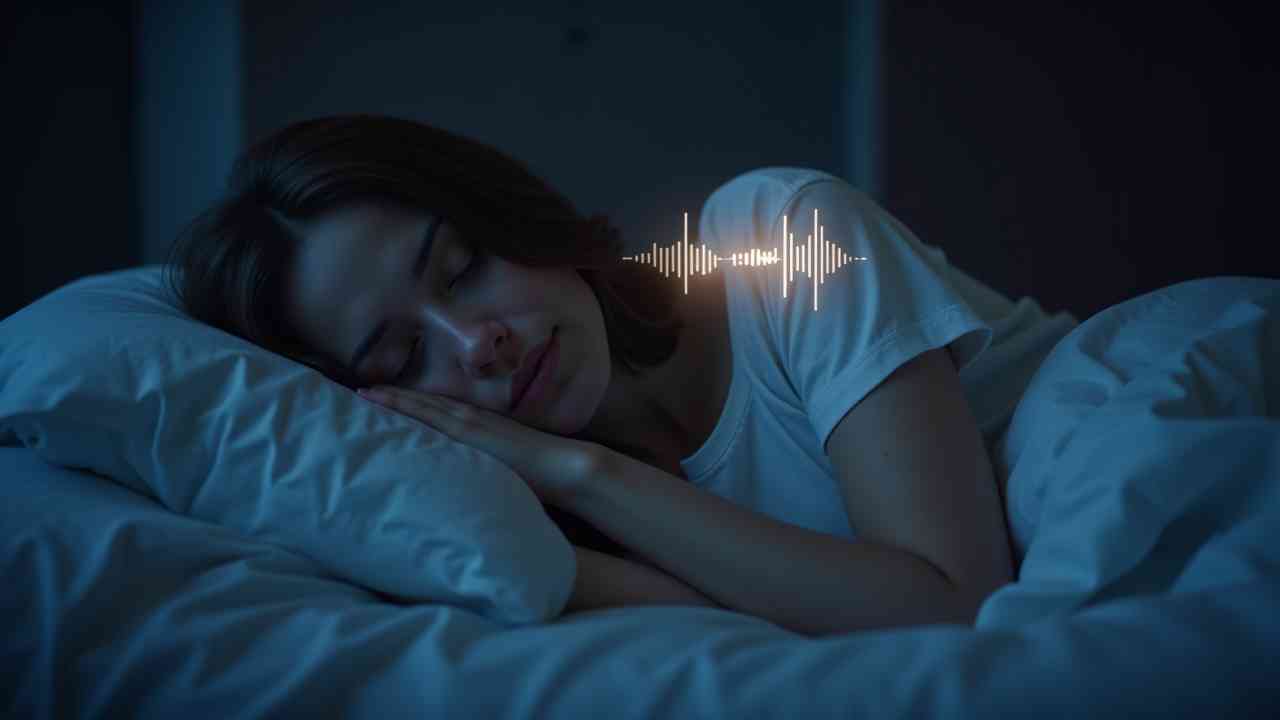
😴 Can Hypnosis Help You Sleep? A Guide to Sleep Hypnotherapy
😴 A Guide to Hypnosis for Sleep (Calming Your Mind for a Restful Night) 😴
For millions of people who struggle with insomnia, the night can be a time of anxiety and frustration. You have tried everything, but your mind just will not switch off. If this sounds familiar, you might be interested in a gentle but powerful tool: hypnosis for sleep.
Forget the stage shows and swinging pocket watches. Modern sleep hypnotherapy is a legitimate therapeutic technique. It is a form of guided meditation. It is designed to help you achieve a state of deep relaxation. It can train your brain to let go of the stress that is keeping you awake.
This guide will explain how this safe and natural method works. Let's explore this calming path to better sleep. The cozy, quiet autumn evenings here in Bursa are a perfect time to try a new relaxation routine. 🍂
🤔 First, What is Sleep Hypnosis? (It's Not Mind Control)
It is crucial to understand that clinical hypnosis is not what you see in the movies. You are not unconscious or under someone's control. You are simply in a state of highly focused attention and deep relaxation. Your conscious, critical mind takes a step back. This allows your subconscious mind to be more open to positive suggestions.
A hypnosis sleep session is essentially a guided journey into this relaxed state. A therapist or a recording will use soothing language and imagery. They will guide you to release tension and anxiety. This makes it easier for your body's natural sleep processes to take over.
- How Does Hypnosis Work to Improve Sleep?
Hypnotherapy helps to combat insomnia by addressing its root causes. It works on both a physical and a mental level.
- It Calms the Racing Mind: This is its number one benefit. Hypnosis gives your busy mind a single, calming thing to focus on. This breaks the cycle of anxious, looping thoughts that often keep people awake.
- It Reduces the Stress Response: The deep relaxation of hypnosis activates your parasympathetic nervous system (your "rest and digest" system). This can help to lower your heart rate, slow your breathing, and reduce levels of the stress hormone cortisol.
- It Changes Your Association with Sleep: If you have chronic insomnia, you might start to see your bed as a place of stress. Hypnosis can help to reframe the bed as a safe, peaceful, and relaxing place.
- What Are the Potential Benefits?
Studies and anecdotal evidence have shown that a consistent hypnosis sleep practice can have several benefits. These can include:
- Falling asleep faster.
- Reducing the number of nighttime awakenings.
- Potentially increasing the amount of time spent in deep, restorative slow-wave sleep.
- Waking up feeling more refreshed.
🎧 How Can You Try Sleep Hypnosis at Home?
You do not need to see a therapist in person to get the benefits. There are many fantastic and accessible at-home options. This is the easiest way to get started.
Guided Hypnosis Apps: Many popular meditation and wellness apps now include sleep hypnosis sessions. Apps like Calm, Headspace, and BetterSleep have a wide variety of guided tracks from certified hypnotherapists.
YouTube and Podcasts: There are countless free, high-quality sleep hypnosis recordings available on YouTube and various podcast platforms. Find a voice and a style that you find soothing.
⭐ What is the Key to Success?
The key to success with hypnosis for sleep is consistency. It is a skill. The more you practice guiding your mind into a state of relaxation, the easier it becomes. Make it a part of your nightly wind-down routine.
Find a comfortable position, put on your headphones, and allow yourself to be guided. It is a safe, natural, and powerful way to reclaim your right to a peaceful night's rest. 🧘♀️